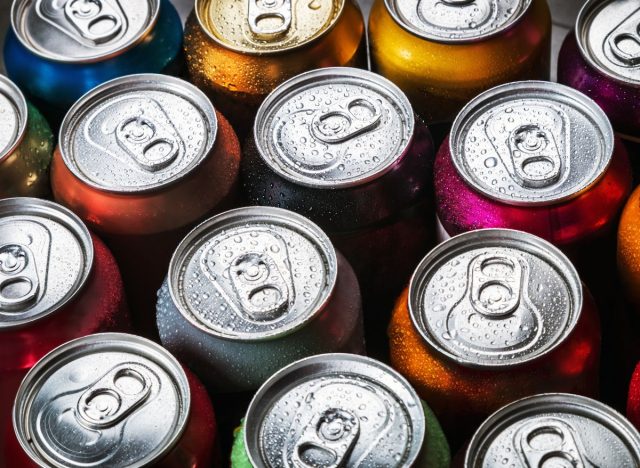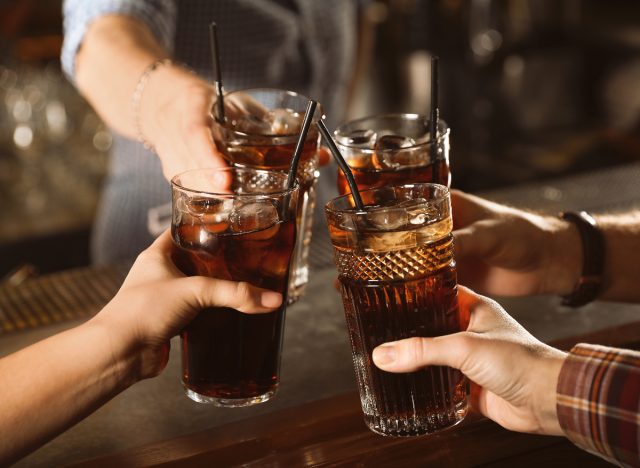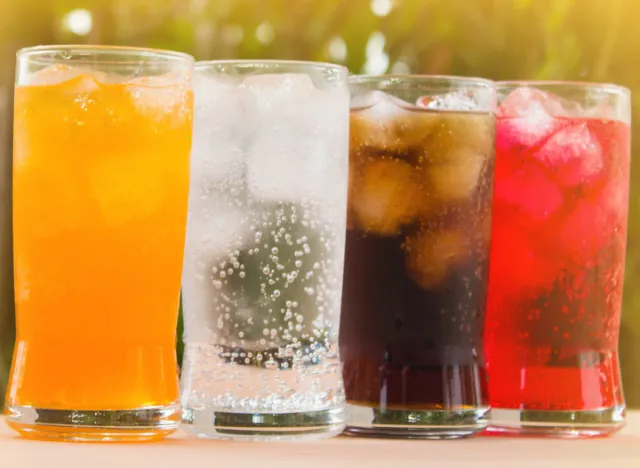Learn more ‘How Are Sugary Drinks Are Linked To Hair Loss?’ Around the world, many people have hair loss. Even though this ailment is so widespread, it can cause a lot of frustration.
Yes, you can purchase cosmetics to disguise the loss itself or try various therapies to slow down the process, but in the end, hair loss can be challenging to manage. And now, researchers have discovered through a brand-new study that consuming beverages with added sugar may really raise the incidence of male pattern baldness.
According to the Mayo Clinic, there are numerous potential causes of hair loss, including genetics, some drugs, medical issues, hormonal changes, and stress. Approximately 30 million women in the United States have androgenetic alopecia, compared to 50 million males, making it one of the most prevalent types of hair loss. This is according to the National Library of Medicine.
Male-pattern hair loss (MPHL) or male-pattern baldness are other names for androgenetic alopecia, which affects men. But according to new research from Nutrients, there may be a connection between consuming sugar-sweetened drinks, particularly among young men, and hair loss. These drinks include sodas, juices with added sugar, sports drinks, and sweetened coffee drinks.
About The Study

The findings of this new study, which were published on January 1, 2023, confirmed that there may be a link between young men’s increased use of sugar-sweetened beverages and hair loss. Researchers examined the self-reported survey data of 1028 Chinese adults, all of whom were between the ages of 18 and 45, from 31 different regions.
Nearly half (459) of these participants admitted to consuming sugar-sweetened beverages more than once a day, while 25% reported doing so between four and seven times each week. 18.5% of people only drank them once to three times per week, and 10% said they hadn’t had any sugar-sweetened beverages at all in the previous month. Researchers examined these findings and discovered that individuals who consumed more sugar-sweetened beverages also had a higher incidence of male-pattern hair loss.
How Sugary Drinks Are Linked To Hair Loss
There are anticipated direct and indirect impacts when it comes to the link between consuming sugar-sweetened beverages and increased risk of hair loss.
The extraordinarily high levels of added sugar in sugar-sweetened beverages have a direct impact on the risk of hair loss in men. The study found that higher sugar intake can result in higher serum glucose levels, which can result in an overactive polyol pathway. Although this pathway is recognized as a location where glucose is converted to fructose, if it is overactive, it may have negative effects on your health and increase your chance for developing diabetes. According to the study, hair loss symptoms strongly resemble a “overactive polyol pathway.”

However, this isn’t the first study to suggest a link between a high sugar diet and hair loss. A 2017 study that was published in Trends in Food Science & Technology found a connection between high-sugar, high-cholesterol diets and androgenetic alopecia.
There are a few options to think about when it comes to more indirect relationships. One example is that the study notes that a high-fat diet, which may also be linked to hair loss, may frequently coexist with excessive sugar consumption. In addition, there may be a connection between hair loss and the emotional side effects of eating a lot of sugar. For instance, the paper references studies that claim SSB use might result in emotional issues and can particularly raise a person’s risk of depression. Additionally, these mental problems have been linked by studies to a higher risk of MPHL.
What This Means For You

When we discussed these recent research findings and their validity with Dr. Victor Sun, MD & Medical Consultant at SuperPill, he added that while there are general truths to these findings, there are a few limitations to consider.
“Although the most recent study indicates a link between beverages with added sugar and hair loss, more investigation is required to confirm the findings. The study is limited in its ability to assess whether sugary drinks contribute mechanistically to hair loss because of its cross-sectional design, complexity of confounding factors, and absence of physical exam measurements “affirms Dr. Sun. “However, if true, the study suggests a few explanations. They contend that elevated sugar levels may have an impact on the metabolic processes that result in androgenic alopecia. Alternately, a high sugar diet may encourage changes in mood or other chronic disease states that might subsequently cause hair loss.”
In the end, the results of this study might not be sufficient to convince you to stop drinking soda immediately. However, you can use these findings to determine whether or not you might benefit from reducing your weekly caloric intake. If you regularly consume soda and have observed hair loss, cutting back on your consumption may be a good place to start.









